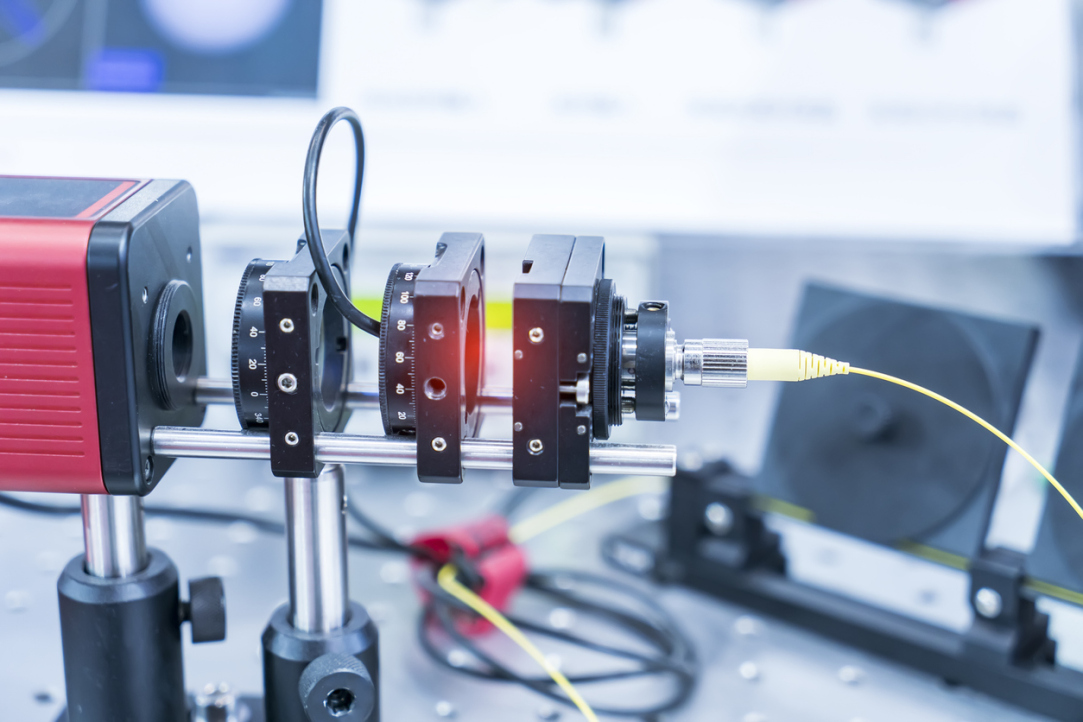
Taming the Element: How AI Is Integrating into the Educational Process Around the World
Artificial intelligence is gradually becoming an indispensable part of higher education. Both students and teachers use it to reduce the volume of routine tasks and expand their capabilities. The limitations and prospects of AI are discussed in the report ‘The Beginning of the End or a New Era? The Effects of Generative Artificial Intelligence (GAI) in Higher Education,’ published in the journal Modern Education Analytics, under the scientific supervision of HSE Academic Supervisor Yaroslav Kuzminov.

Ancient Egyptians Were Less Afraid of Death Than Commonly Believed
Ekaterina Alexandrova, Academic Supervisor of the Egyptology programme at HSE University, has studied the funerary practices of ancient Egyptians based on religious texts and the works of Egyptologists from the 19th, 20th, and 21st centuries. Traditionally, it was believed that Egyptian religion was built solely on the fear of death. However, an analysis of texts reveals that ancient Egyptian beliefs were not merely reflections of a fear of death, but a complex system aimed at preserving order and stability both in life and the afterlife. The study has been published in the journal Shagi/Steps.

Find Work with Help from an Algorithm: HSE Introduces ‘Jobs and Skills Navigator’
Researchers from HSE University have introduced a new tool to assist in building career paths and navigating today’s job market—the Jobs and Skills Navigator. This service algorithmically ranks available vacancies and the corresponding professional skills in the context of current labour market requirements. It aims to simplify the identification of competencies needed for mastering a new profession and streamline interactions between employers and job seekers.

Esports Players Play Better Online
In competitions, esports players, like other athletes, face stress and show worse results due to pressure. A substantial decrease takes place in the performance of esports players during overtime. This effect, however, is significantly mitigated in online competitions compared to live events—the difference can reach 30%. A study by a team of authors from HSE University’s Moscow and Perm campuses and European University Viadrina (Germany) explores the phenomenon of choking under pressure within the context of esports. The study was published in the Journal of Economic Behavior & Organization.

(Ab)normal Language: HSE Researchers Present Digital Tools for Assessing Mental Health Problems
Often, individuals with neurological or mental disorders exhibit distinctive language patterns. In modern clinical practice, digital tools can play a significant role in supporting language therapy and rehabilitation for persons with language disorders. Additionally, in the future, digital tools could assist healthcare specialists in assessing the severity of symptoms associated with such disorders.

Analysing Genetic Information Can Help Prevent Complications after Myocardial Infarction
Researchers at HSE University have developed a machine learning (ML) model capable of predicting the risk of complications—major adverse cardiac events—in patients following a myocardial infarction. For the first time, the model incorporates genetic data, enabling a more accurate assessment of the risk of long-term complications. The study has been published in Frontiers in Medicine.

A New Tool Designed to Assess AI Ethics in Medicine Developed at HSE University
A team of researchers at the HSE AI Research Centre has created an index to evaluate the ethical standards of artificial intelligence (AI) systems used in medicine. This tool is designed to minimise potential risks and promote safer development and implementation of AI technologies in medical practice.

Smoking Habit Affects Response to False Feedback
A team of scientists at HSE University, in collaboration with the Institute of Higher Nervous Activity and Neurophysiology of the Russian Academy of Sciences, studied how people respond to deception when under stress and cognitive load. The study revealed that smoking habits interfere with performance on cognitive tasks involving memory and attention and impairs a person’s ability to detect deception. The study findings have been published in Frontiers in Neuroscience.

Russian Physicists Determine Indices Enabling Prediction of Laser Behaviour
Russian scientists, including researchers at HSE University, examined the features of fibre laser generation and identified universal critical indices for calculating their characteristics and operating regimes. The study findings will help predict and optimise laser parameters for high-speed communication systems, spectroscopy, and other areas of optical technology. The paper has been published in Optics & Laser Technology.

Smartphones Not Used for Digital Learning among Russian School Students
Despite the widespread use of smartphones, teachers have not fully integrated them into the teaching and learning process, including for developing students' digital skills. Irina Dvoretskaya, Research Fellow at the HSE Institute of Education, has examined the patterns of mobile device use for learning among students in grades 9 to 11.


Registration deadline - April 30